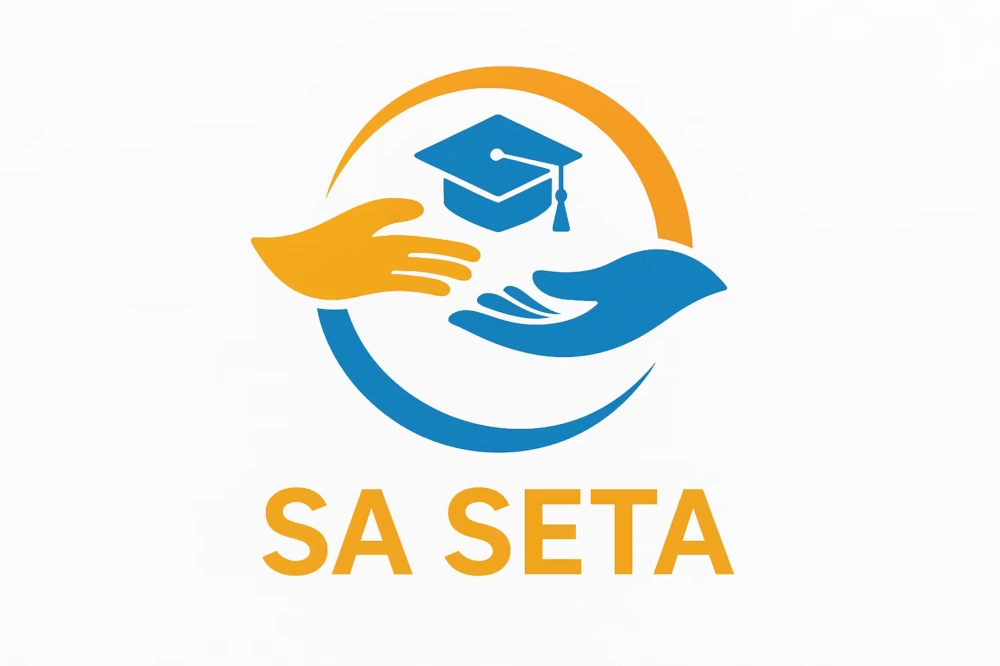South Africa faces a significant challenge: a large portion of the labour force lacks the necessary skills to meet the demands of various industries. This skills gap impedes national productivity and affects South Africa’s ability to compete on a global scale. One effective solution lies in SETA-accredited training providers, who help bridge this gap by equipping workers with industry-specific, recognised skills.
Forward-thinking organisations are already investing in skills development training for their employees, which not only improves performance but also contributes significantly to BBBEE (Broad-Based Black Economic Empowerment) scorecards.
What Is a SETA-Accredited Training Provider?
SETA stands for Sector Education and Training Authority, established under the Skills Development Act of 1998 to facilitate quality vocational skills training across South Africa. There are currently 21 SETAs, each assigned to a specific sector—ranging from agriculture and mining to finance, safety, and security.
A SETA-accredited training provider, like SA Business School, is authorised by one or more of these SETAs to offer recognised, high-quality training programmes. These include learnerships, apprenticeships, internships, and unit-based skills programmes.
Why Is SETA Accreditation Important?
A SETA accreditation means that the training meets national standards set out by the relevant SETA. Once completed, the learner receives a certificate of competence that is recognised across South Africa—making them more employable and equipping them with valuable, industry-specific knowledge.
For the employer, this means investing in training that has been verified, structured, and guaranteed to provide a return in terms of productivity and skills development points for BBBEE.
Related: The Benefits of SETA Accredited Training in South Africa
Key Benefits of Using a SETA-Accredited Training Provider
1. Nationwide Recognition
Training provided by a SETA-accredited institution is nationally recognised. This adds credibility to both the employee’s qualifications and the company’s commitment to developing its workforce.
2. BBBEE Compliance and Tax Incentives
By offering SETA-accredited training, companies can significantly improve their BBBEE scorecards under the skills development element. Moreover, businesses can:
- Claim back up to 20% of their skills development levies through Mandatory Grants
- Apply for additional funding through Pivotal Programmes, if they meet the requirements
These incentives make accredited training a cost-effective investment in both human capital and compliance.
3. Improved Workforce Productivity
Well-trained employees are more efficient, make fewer mistakes, and can contribute more meaningfully to the company. This boosts overall productivity and competitiveness.
4. Enhanced Reputation and Credibility
Companies that provide recognised training demonstrate a commitment to employee growth and community upliftment. This builds trust with stakeholders, customers, and potential partners.
What Roles Do SETAs Play?
SETAs serve as the backbone of South Africa’s national skills development strategy. Their key responsibilities include:
- Accrediting training providers who meet National Qualifications Framework (NQF) standards
- Ensuring consistent training quality
- Developing and managing learnerships, apprenticeships, and skills programmes
- Creating and implementing sector-specific skills plans
- Supporting both employed and unemployed South Africans to obtain qualifications and develop their careers
How Employers and Employees Both Benefit
For Employees:
- Recognition of competence across South Africa
- Access to NQF credits contributing to formal qualifications
- Improved job prospects and career advancement opportunities
For Employers:
- Access to funding and tax rebates
- Better BBBEE scorecard ratings
- A highly skilled and competitive workforce
- Lower recruitment and training costs over time
- Enhanced brand reputation
Related: LGSETA Learnerships Programme: Perfect Career Path For You
Recovering Training Costs Through SARS
According to the Skills Development Act (No. 9 of 1999), companies with an annual payroll over R500,000 must contribute 1% of their payroll to the Skills Development Levy (SDL) via SARS. These funds are then redistributed through SETAs to promote workforce training.
If a company:
- Submits an approved Workplace Skills Plan, and
- Complies with SETA requirements,
they can apply for a Mandatory Grant to recover a portion of their skills levies and may qualify for Discretionary Grants through programmes like Pivotal Training.
Final Thoughts
In today’s highly competitive market, aligning your workforce development strategy with a SETA-accredited training provider like SA Business School is more than a box-ticking exercise—it’s a smart investment in your company’s future. From improving productivity and morale to enhancing BBBEE compliance and reclaiming training costs, the benefits are both immediate and long-term.
Let wwise.co.za help you build a skilled, empowered workforce that meets your industry’s evolving demands.



